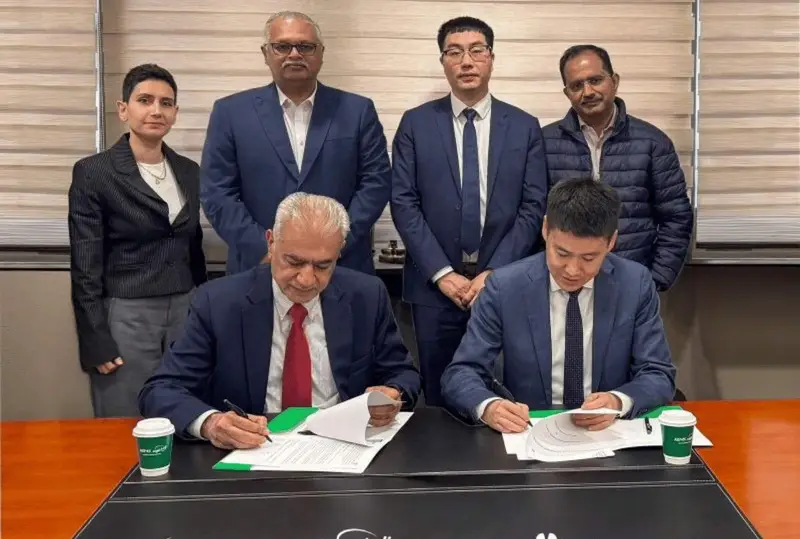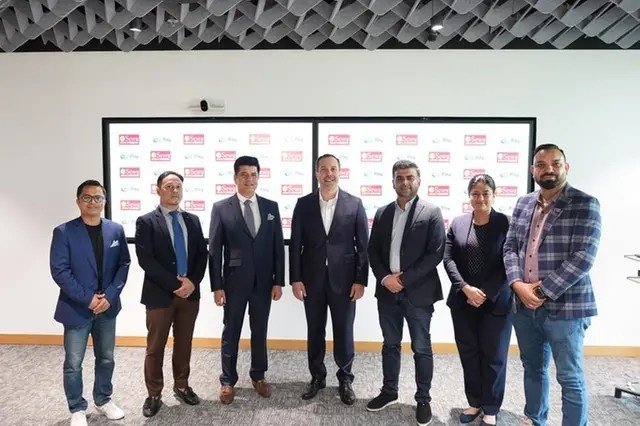Companies in the Gulf Cooperation Council (GCC) are placing a strong emphasis on innovation, with 85% of senior executives in the region ranking it among their organizations’ top priorities, surpassing the global average. This commitment reflects the region’s ambition to lead the global knowledge economy. A new report from Boston Consulting Group (BCG) highlights this positive trend while noting opportunities for GCC firms to enhance their innovation readiness.
Innovation Systems Need a Reboot
BCG’s annual innovation study, “Innovation Systems Need a Reboot,” assessed companies’ innovation maturity and surveyed senior innovation executives worldwide, including those in the GCC. The study reveals that while innovation remains a top priority, innovation readiness has declined globally—from 20% two years ago to just 3% this year. This trend is even more pronounced in the GCC, where firms show lower innovation readiness than the global average.
Despite prioritizing innovation more than their global counterparts, GCC organizations face significant challenges in translating ambition into readiness. This aligns with global patterns where companies struggle to match innovation priorities with practical readiness, though the gap is more significant in the GCC.
“We are seeing GCC organizations prioritize innovation, with 85% of executives ranking it highly. However, converting this ambition into readiness remains a challenge,” said Faisal Hamady, Managing Director and Partner at BCG. “To close this gap, it is crucial to strengthen the link between innovation and business strategy. Organizations must benchmark processes, align them with strategic goals, and leverage Generative AI while addressing talent constraints and rising capital costs.”
Talent Challenges in a Changing Landscape
Talent pool constraints and rising capital costs are among the top concerns for GCC business leaders. Thibault Werle, Managing Director and Partner at BCG, noted that while cities like Dubai, Abu Dhabi, and Riyadh are becoming attractive to global talent, the region is still in the early stages of building its talent pool. However, the rapid development of innovation ecosystems in these cities is likely to accelerate talent attraction in the coming years.
The study also highlights the need for a broader ecosystem approach to innovation in the GCC, recognizing the crucial role of public sector leaders and national strategies in driving innovation alongside corporate efforts.
Generative AI Adoption on the Rise
The study found that 84% of GCC firms are beginning to use Generative AI (GenAI) to drive innovation, reflecting the region’s embrace of cutting-edge technologies. However, most organizations are still in the early stages of GenAI adoption.
“GenAI presents a significant opportunity for GCC innovators to boost efficiency and bring fresh perspectives to their organizations,” said Hamady. “As the region continues to invest in digital transformation and AI capabilities, we expect to see more widespread and sophisticated use of GenAI in innovation processes.”
Six Key Recommendations for Linking Innovation with Business Strategy
To improve innovation readiness and link innovation with business strategy, BCG recommends focusing on six key elements:
- Executive ownership: Ensure innovation is championed by the CEO or other prominent members of the C-suite.
- Clear sense of purpose: Develop a shared story on the purpose of innovation and how it supports the company’s strategy.
- Focus on competitive advantage: Explicitly focus on opportunities where the organization has a clear right to win.
- Specified domains: Center the innovation portfolio on areas that support the overall strategy.
- Target portfolio structure: Create a vision for how resources should be deployed across the innovation portfolio.
- Quantified objectives: Establish a fact-based perspective on how innovation contributes to financial goals.
Looking Ahead
As GCC economies diversify towards knowledge-based sectors, strategic innovation becomes crucial. By addressing current challenges and aligning innovation with business strategy, GCC companies can compete globally and drive regional economic growth.
Leveraging emerging technologies like GenAI while maintaining a clear strategic vision will be instrumental. To close the readiness gap, GCC leaders need to strengthen the link between innovation and strategy while addressing talent constraints and funding challenges. This approach will improve innovation readiness, enhance talent attraction, and accelerate technological advancement, positioning the GCC as a global innovation hub.















